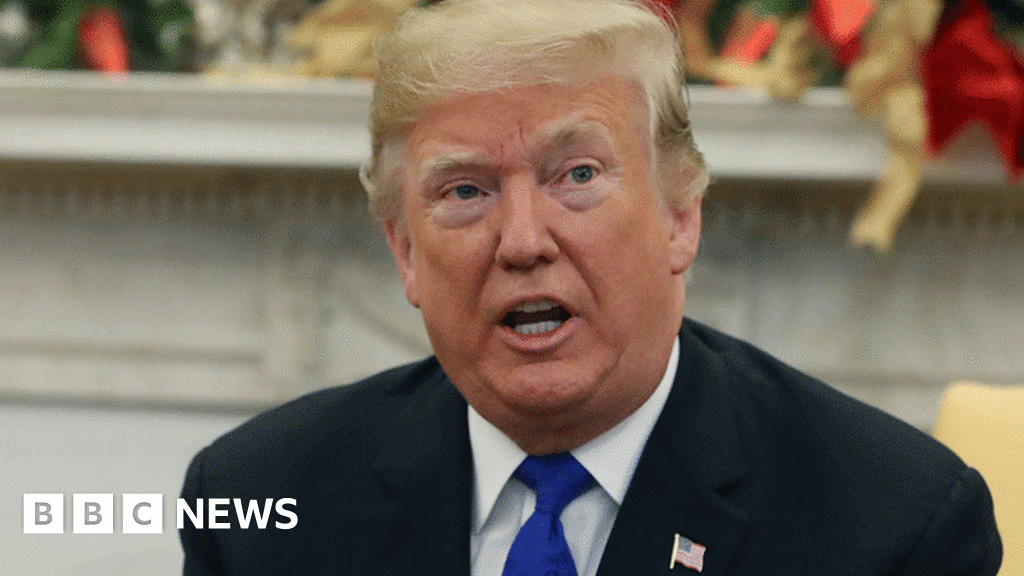This is funny. If you ask Taiwanese people, they already feel like they are paying protection money. Taiwan buys U.S. military hardware, and often it is second-hand and a generation or two old, unlike Israel, which often gets the latest U.S. military hardware for free.

Normally I despise political threads like this one on this site, but I think you've indirectly asked some important questions and relayed some insightful observations.
First of all, by US law, Taiwan is not an independent country. The lawful US policy is called "One China", and was passed by Congress in 1979. This limits the options the US has in supporting Taiwan militarily. Direct military aid from the US exists, but in the form of support and services, not in the direct transfer of weapons systems, though the US does sell weapons to Taiwan. The US is intimidated by upsetting the Chinese, and, let's face it, the US is probably getting away with more military aid to Taiwan than the Chinese like. (Imagine if the Chinese sold weapons to Texas...) And it is true, these US-sourced weapons are not the latest hardware, like F16 jets for Taiwan versus F35 jets for Israel. The US government has been open about the reasoning for this difference. The threat of hardware like F35s falling into adversary hands is considered very low in Israel, but it is considered likely that if Taiwan was invaded by China, state of the art US weapons would be captured by the Chinese. So, the policy is no advanced weapons for Taiwan.
You probably know this, but the official US policy is NOT supportive of independence for Taiwan. It's right there on the US State Department web pages. No one in the US wants to engage China militarily, so supporting independence is probably not possible.
As for Trump's statement about Taiwan, it fits the pattern of his past thinking. Trump appears to be entirely transactional, meaning that each interaction (with either people or countries) is measured by comparative contributions and loyalty. He dislikes being taken advantage of, meaning, in this case, his view that the US contribution to Taiwan's defense is more risky and expensive than Taiwan's contribution. Long term alliances seem to mean nothing to him, as he proved by his adversarial relationships with NATO countries during his presidential administration. It seems his view, which is probably the view of his close advisors, Taiwan is not serious about its own defense, as measured by defense spending (only ~2.5% of GDP for Taiwan) and the quality of its armed forces (which is considered relatively poor for a nation under severe and ongoing threats). This view is typical of conservative think-tank statements. So Trump's view is, if you want the US to defend you while you coast along, pay up. I'm not defending his view, I strongly believe in the value of allies, but his position (and I suspect those of his advisors) is obvious.
Trump has also proven in the past that he cares little about what is said, only about what is done. And he likes to annoy everyone, especially US allies, by essentially negotiating in the international press, rather than with diplomacy behind closed doors. I think the latter is more appropriate myself, but Trump never asks for my opinion...
Regarding the silly Trump claim that Taiwan stole the US chip manufacturing industry, he said similar things about the German auto industry during his administration and threatened tariffs. It all sounds so typical of his behavior: negotiation in the press complete with implied threats and insults. Everything he says seems like it's always a negotiating position. I find it tiring, but entirely predictable.

